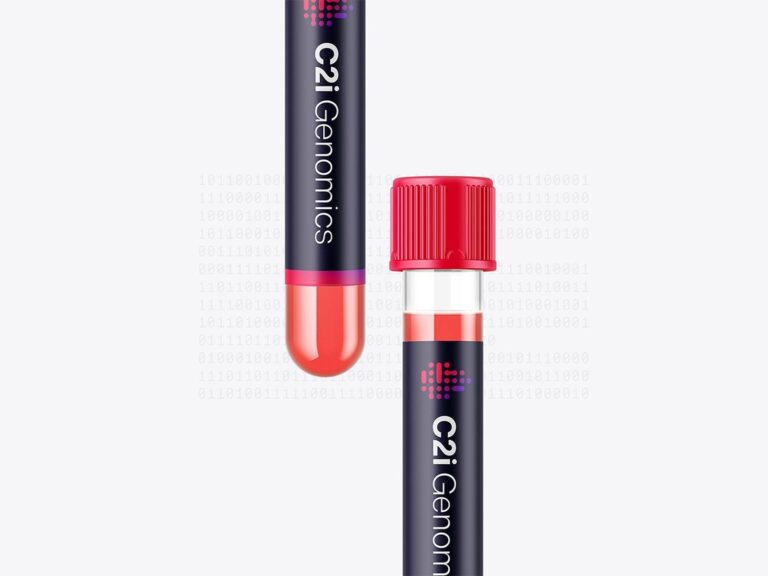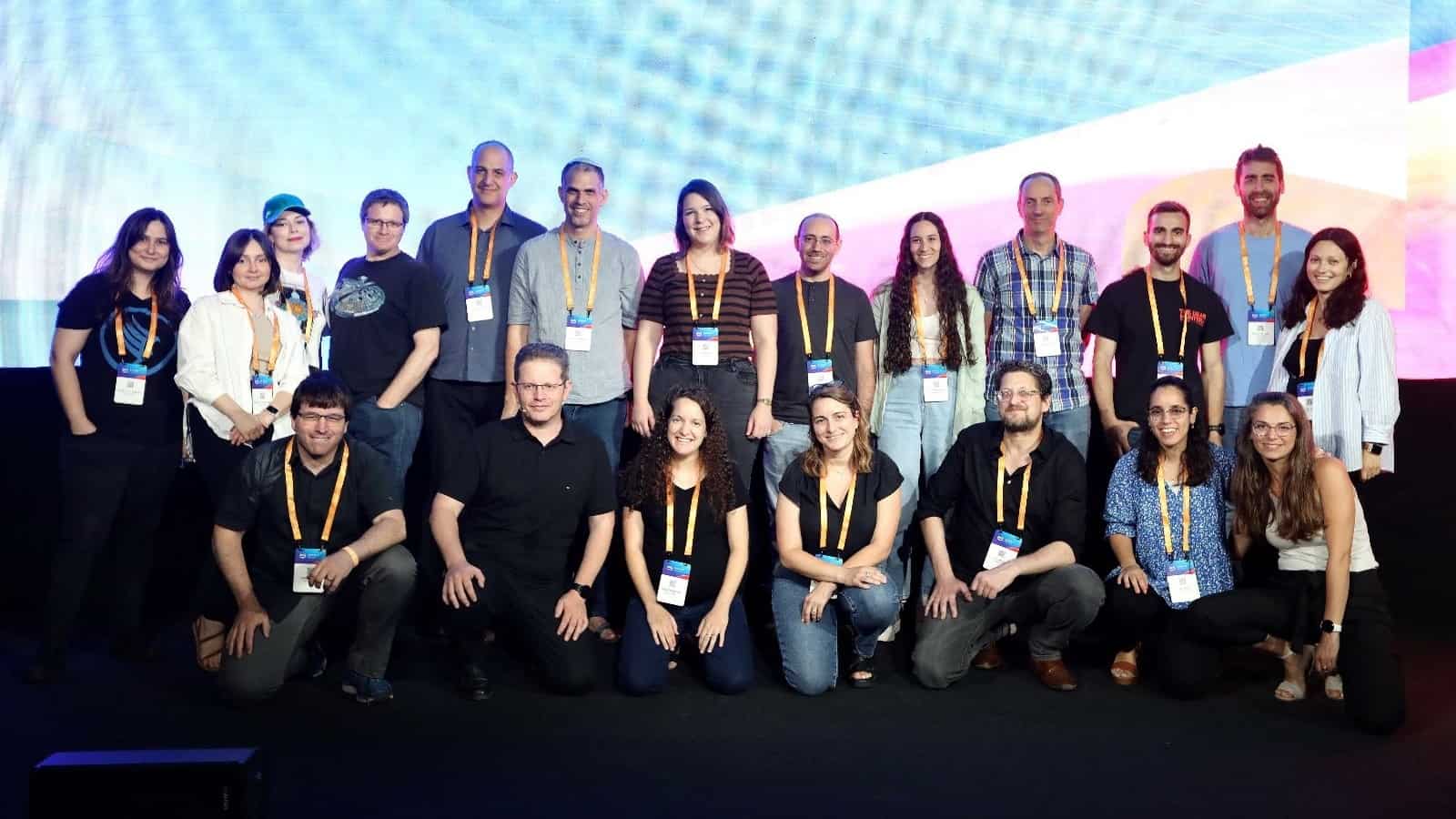Cancer detection startup C2i Genomics is teaming up with Tel Aviv Sourasky Medical Center, also known as Ichilov Hospital, to enable early detection of recurring cancer using a cloud-based AI solution.
C2i Genomics’ whole genome minimal residual disease (MRD) testing improves cancer detection and monitoring by uploading blood test data to the cloud where it is analyzed using genomic and clinical databases and artificial intelligence. This can provide more personalized oncology treatments.
Ichilov, which can conduct DNA sequencing in-house, will incorporate C2i Genomics’ technology into clinical examinations.
“We see MRD testing as a truly transformative approach in oncology and envision a day in which all cancer patients will be tested routinely for MRD, either for decisions regarding postoperative (adjuvant) treatment or for routine follow-up, possibly even replacing conventional blood tests and imaging,” says Prof. Ido Wolf, director of oncology at Ichilov.
“The collaboration with C2i Genomics will provide us a unique opportunity to be world leaders in a field that is definitely one of the most important and innovative in modern oncology.”

Founded in 2019, the Israeli-led C2i Genomics is headquartered in New York and has an R&D center in the northern Israeli city of Haifa.
The idea for the company came from cofounder Asaf Zviran’s personal battle with cancer, after which he went on to develop the company’s whole genome sequencing method.
“We’re connecting between the Ichilov labs and our platform, and as part of this collaboration patients undergoing oncological treatment could get the test at their doctors’ recommendation,” C2i Genomics CTO Boris Oklander tells ISRAEL21c.
“A blood sample will be taken from the patients and transferred to the lab, where it will undergo whole genomic sequencing. The hospital will digitalize the sample and upload it to our cloud platform. Our advanced algorithmic abilities can process these samples, and we can find out whether the cancer is recurring much earlier than competing technologies such as imaging,” he says.
The setup also will enable internal hospital research and pharma company clinical trials.
CE clearance
C2i Genomics received CE approval in Europe. It has not been cleared by the US FDA, but is working to market the test in the United States under approval by the CLIA (Clinical Laboratory Improvement Amendments) program, which regulates laboratories that perform testing on patient specimens in order to ensure accurate and reliable test results.
The company is already collaborating with large clinical trials run by pharma giants like AstraZeneca and is carrying out clinical trial drug development pilots with other pharmaceutical companies.
“Having proven our technology – and soon there’ll be publications of large trials in which we participated, with very good results – we’re now moving to a commercialization phase and focusing on making the test available to patients.” Oklander says.
Among its partner genomic testing networks are Karkinos Healthcare in India and OncoDNA in Europe.
“When our partners work with us, we all create lots of databases that will advance research and promote the development of drugs and a better match in terms of treatment,” he concludes.

















